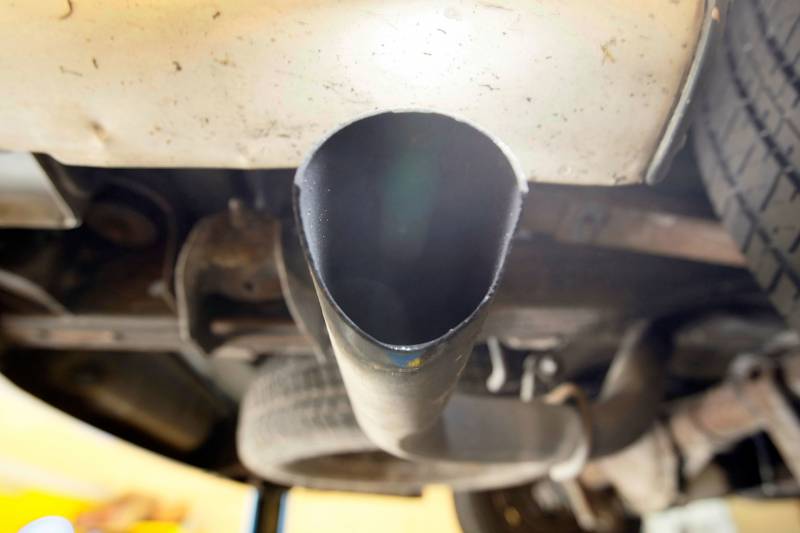There’s a backstory to the agency’s chilly response.
When former President Donald Trump weakened federal auto emission standards set by the Obama administration, California kept enforcing its more stringent standards, suing the administration over the rollback.
Meanwhile, the state negotiated an agreement with Honda, Ford and three other major automakers for the companies to manufacture all cars sold in the U.S. using a stricter standard.
The Trump administration responded by issuing a rule that blocked California, as well as any other state, from setting their own car rules, revoking the federal waiver that allowed California to set stricter standards for tailpipe emissions. So, the state sued again.
Notably, GM, along with Toyota and other car companies, refused to sign on to California’s agreement and sided with the federal government in both legal fights.
The company’s public line was that California and the Trump administration should find common ground. But it also argued that only the federal government has the ultimate authority over fuel-emission standards.
A few weeks after Trump lost to Joe Biden, the automaker abandoned the legal fight over whether or not California can set its own rules. (On Tuesday several car companies, including Toyota and Fiat Chrysler, did likewise, dropping their support for that lawsuit.)
Jessica James, a GM spokesperson, said in an email that the company is “open to working with California and the Biden Administration to achieve agreement on a national standard and complementary policies to accelerate the electrification of the light-duty transportation sector.”
But Randolph notes GM is still defending Trump’s diluted fuel-economy standard, even as the company says it will invest $27 billion in electric and autonomous cars in the next five years and offer 30 all-electric models worldwide by 2025.

